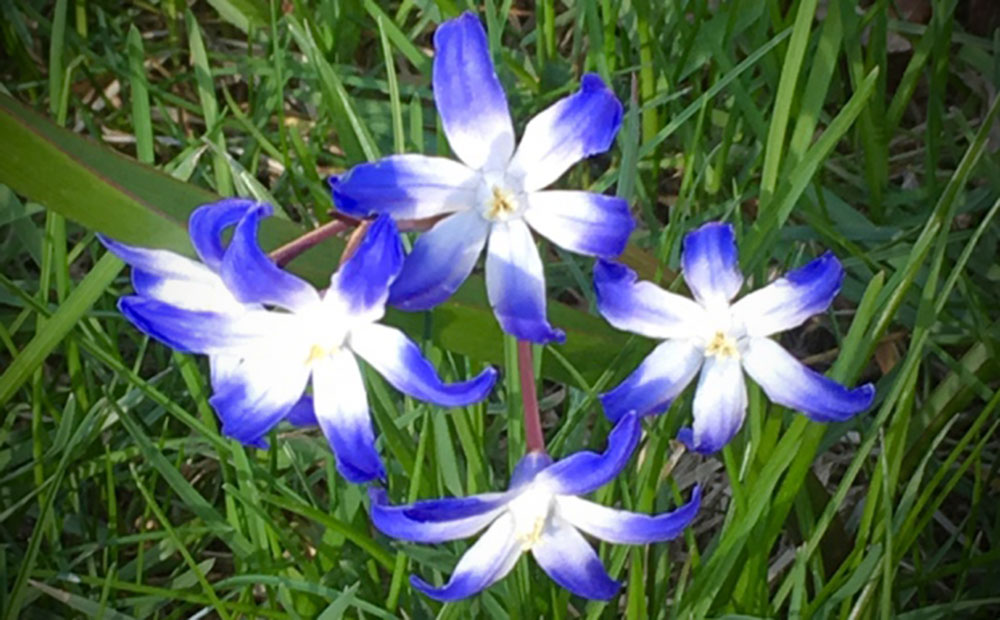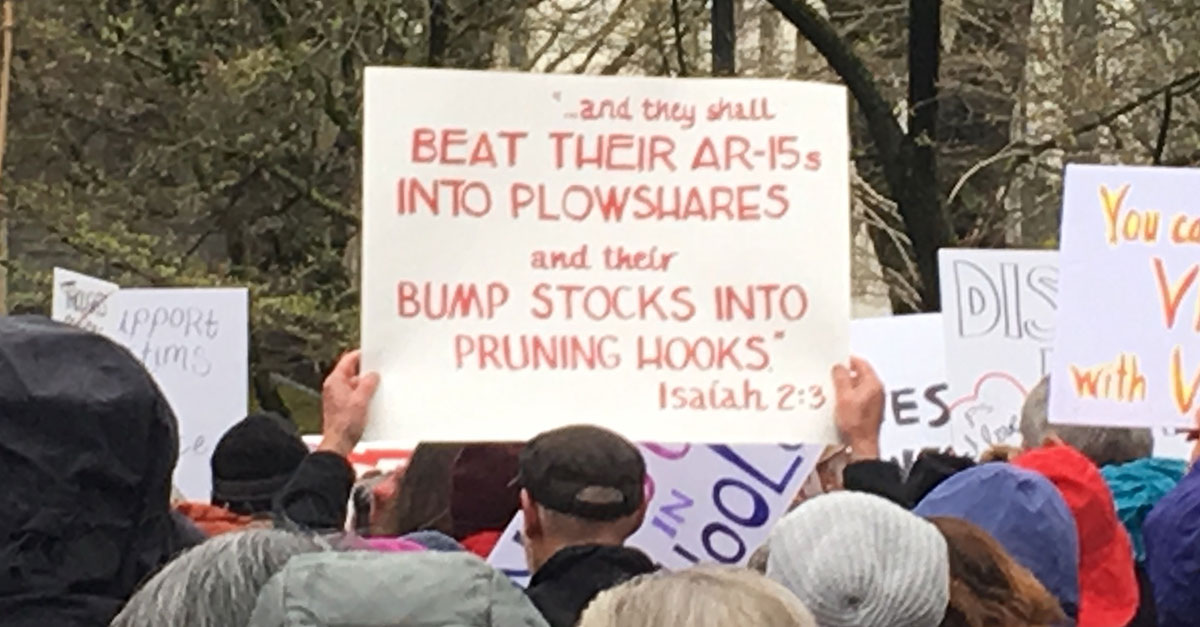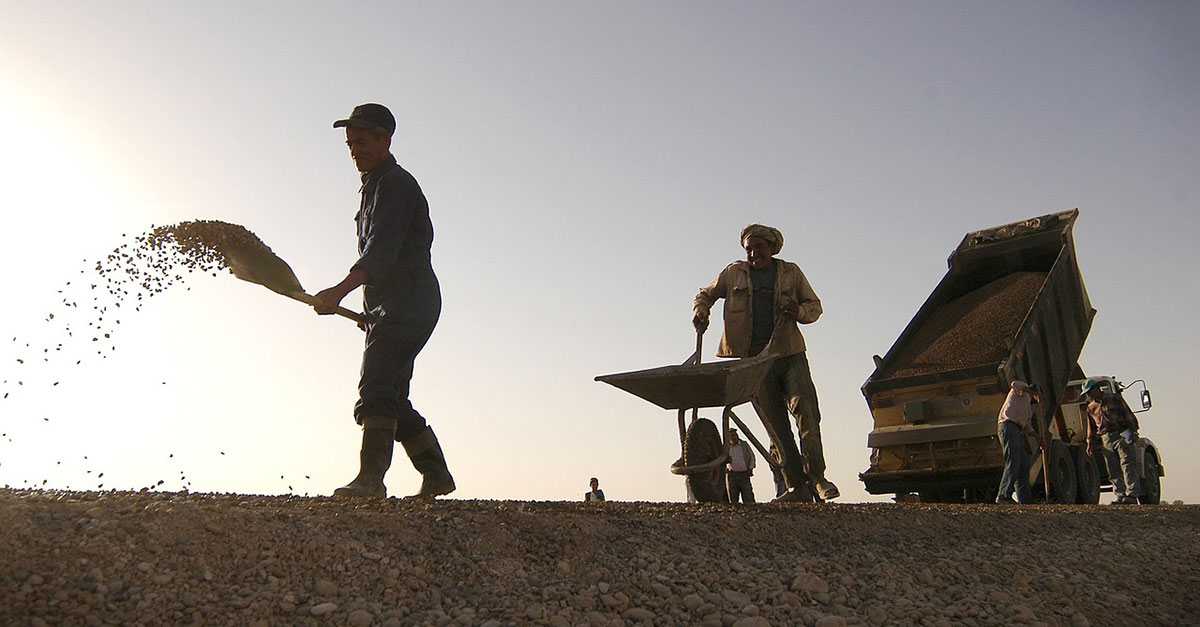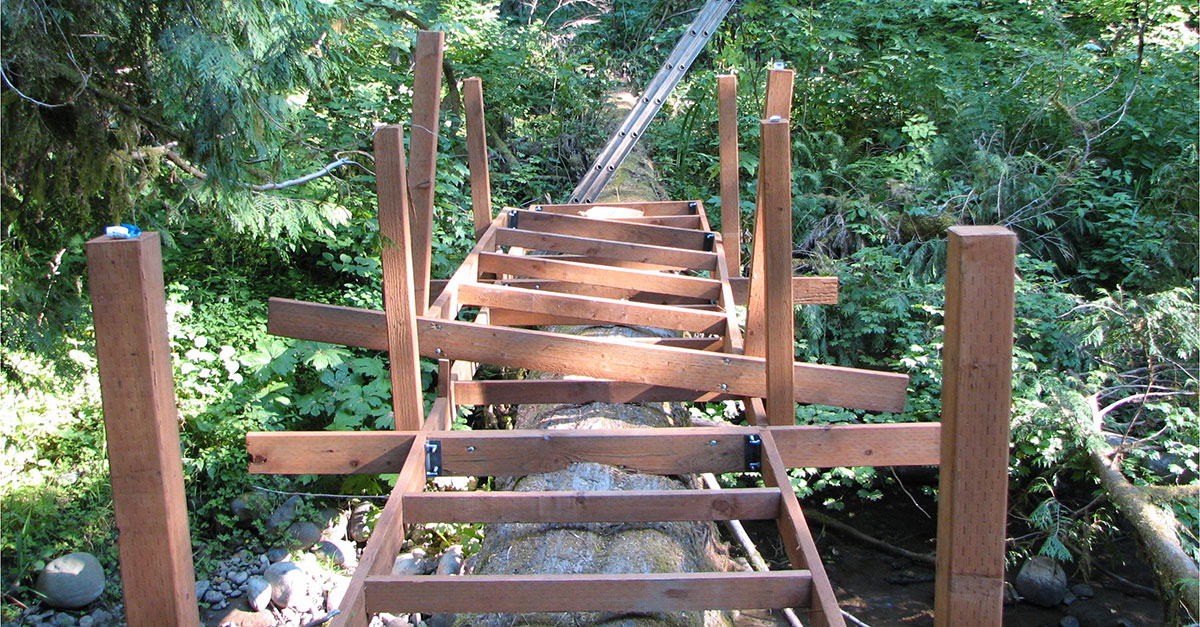The Gospel in First Person
CrossOver reflection forWeek 21 • Beginning April 28, 2019
We Make the Road by Walking, Chapter 34
Kristina Gonzalez
He has told you, O mortal, what is good;
and what does the LORD require of you
but to do justice, and to love kindness,
and to walk humbly with your God?
Micah 6:8, NRSV
I was doing housework—or something—with half an ear to my local National Public Radio station. The story was about a father and his children, a Latinx family. I didn’t catch the father’s country of origin, but he was undocumented. He had been detained by Immigration and Customs Enforcement (ICE) for a time, separating the family.
The story was not so much about the father’s experience as about his children’s. The children were so traumatized by the separation that, once released, they would not allow their father to run a simple errand without one of them accompanying him. Their father indulged them, taking with him the child that was ready first, knowing that the next child would be in tow on the next errand. Ah…
My immediate response was this: There, but for the grace of God, go I. There, but for my family entering the United States at a time when hard-working immigrants were valued, if not still exploited.
I do not believe that God favored my grandparents over others or that they were special in God’s eyes—no more than the children in this story. Rather, I think God smiles when barriers are removed that allow each of us to live and give into our full potential.
It makes a difference when we put ourselves into the story.
At this time in our CrossOver year, Brian McLaren asks us to enter the story of the days following Jesus death and triumph, to be present with all the pain and confusion and fear that follows witnessing cruelty and injustice. We are asked to think of the story in the
Jesus’ story is not so different from prophets throughout history who have pushed back against power and suffered the ultimate sacrifice for their leadership – with one exception. Jesus showed us that it does not end there. It cannot end there. It must not end there. Jesus shows us – present tense – that love prevails. But not without us.
You are sent. You are accompanied. You forgive.
Place yourself there in that upper room; or in a family of immigrants who
Can I put myself in that place of profound uncertainty? Who are my companions along the journey? Can I both enter their story and allow others to enter my own? Can I be in fellowship that is deep and life-changing?
McLaren defines fellowship in this way: “Fellowship is a kind of belonging that isn’t based on status, achievement, or gender, but instead is based on a deep belief that everyone matters, everyone is welcome, and everyone is loved, no conditions, no exceptions.”[1]
McLaren makes the case that fellowship is what was present in that small room where Jesus’ followers were huddled and where he appeared to assure his beloved that God’s kinship had a future in them. In us.
So…to the challenge of placing the Gospel in First Person…of entering that profound fellowship, here will be my test:
Can I say of another’s story, There, but for the grace of God, go I? What is your test?
Kristina Gonzalez serves as Director of Innovation for an Inclusive Church on the Innovation Vitality Team in its work for the Greater Northwest Area of The United Methodist Church.
[1]McLaren, Brian. We Make the Road by Walking, Chapter 34, page 175.










